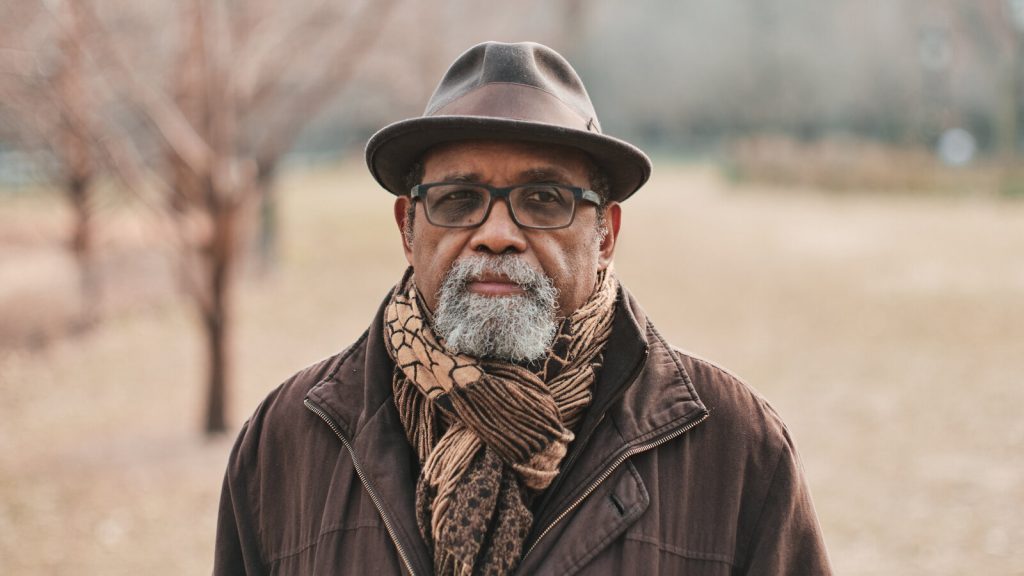The first use of a black panther in the Black power movement didn’t start in Oakland, California. The symbol came from one of the poorest counties in Alabama, where 80 percent of the population was Black and none were registered to vote, a place nicknamed “Bloody Lowndes.”
Lowndes County and the Road to Black Power, the latest film from noted documentary filmmaker Sam Pollard and co-director Geeta Gandbhir, tells the story of the community’s grassroots organization that, with the help of the Student Nonviolent Coordinating Committee, worked to get Black citizens not only the right to vote, but to hold power in a community that had long shut them out.
“It’s an unknown story that deserves to be told,” says Pollard in a phone interview from his home in Baltimore. “Most people think the high point of the civil rights movement was the march from Selma to Montgomery. They forget what SNCC was doing after that period.”
The march went through Lowndes County in Alabama’s Black Belt, where SNCC members, including Stokely Carmichael, connected with people there and realized they needed support.

“It was called ‘Bloody Lowndes,’” says Pollard, “because Black people who tried to vote were either turned away at the polls or murdered.”
Black citizens formed the Lowndes County Freedom Organization and ran their own candidates. Each political party in Alabama had to have a logo for voters who couldn’t read, and the Lowndes party used the black panther as its symbol on the ballot.
The film uses a trove of footage unearthed by archivist Lizzy McGlynn, with whom Pollard had worked on his 2020 film MLK/FBI. “She found materials that even surprised me, knowing it was a story that hadn’t been told,” says Pollard.
Members of SNCC lived there for over a year-and-a-half at a time when it was dangerous to be Black and to be walking on the road at night. The commitment of the community and SNCC impressed Pollard.
Many of those original activists are interviewed in the film. “To have the people who were there on the ground day-to-day, fighting the good fight, is what makes the documentary, in my opinion, stand out, what makes it special,” he says.
Pollard has produced, directed, and edited dozens of films, some with Spike Lee, who was his colleague at New York University and who calls him a “master filmmaker.” He edited Lee’s Jungle Fever, Mo’ Better Blues, and 4 Little Girls, which received an Academy Award nomination in 1998.
The International Documentary Association gave him a career achievement award in 2020, and the Virginia Film Festival will bestow its Chronicler Award upon Pollard at the November 6 screening.
Pollard laughs when asked about his favorite films, but lists 4 Little Girls, MLK/FBI, and Sammy Davis Jr.: I’ve Gotta Be Me, as movies that “speak to me about the importance of the African American experience.”
Stokely Carmichael called for Black power after James Meredith was shot in Mississippi in 1966. “Any time I hear those things from films I’ve done, it’s always invigorating and exciting and makes one thoughtful about the process of what it means to be an American, and how complicated America is,” says Pollard. “It has a lot of baggage.”
